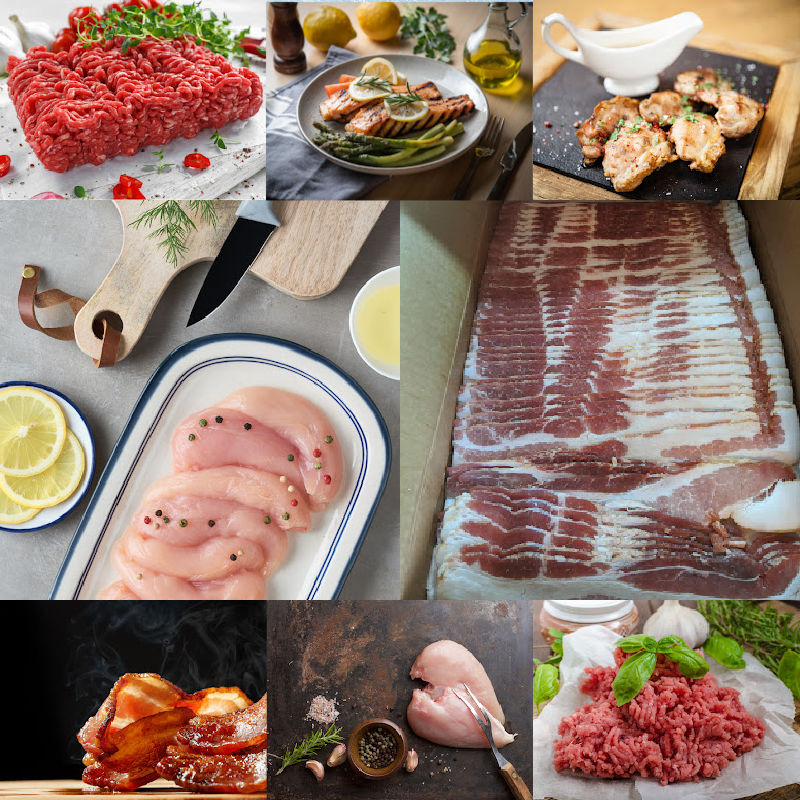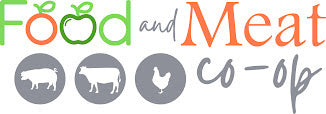Many people have canned goods in their pantries, but did you know that there are tons of step-by-step guides out there that could have you on your way to storing nutritious food from start to finish?
Canning your own food is an excellent way to implement home food preservation while reducing overall food waste and increasing the shelf life of some of your favorites. It takes a little bit of time, and some might even call it hard work, but the rewards that you can reap later with higher food quality and great tastes will usually make home canners feel pretty good about their decisions.

How to Can Vegetables
There are a couple of main canning methods that you can use when it comes to preserving fresh food for later use. The most critical part, no matter which method you choose, is to make sure that you are practicing safe canning practices with the proper equipment and following each specific step in the canning recipe. There is a lot of science and math that goes into canning to make sure that any dangerous bacteria is killed off from clostridium botulinum, as well as overall food safety.
When canning, you will need to use glass jars with no chips or cracks. The rest of the materials will depend on what type of method you use. Once the canning process is complete, you will need to have a storage area that is located in a cool, dry place that doesn’t get any direct sunlight. The best options would be a root cellar or dark basement. This will help keep the nutritional value of each product at peak values while also prolonging the shelf life.
Water-Bath Canning Vegetables
Water-bath canning is a great place to start if you have never canned anything before. It requires less equipment and can help you build up some confidence as you proceed along your canning journey. To become a water bath canner, you need a large pot, some hot water, tongs, a wide-mouth funnel, some measuring cups, and a jar lifter.
This process is great for fresh produce, jellies, jams, salsas, pickles, and condiments.

How to Can Vegetables in A Pressure Cooker
When it comes to pressure canning, you can preserve the best flavor of many different low-acid foods to enjoy for the whole year! The high pressure and large cooker can sometimes feel a little overwhelming, but if you follow your recipe step-by-step, you will be on your way to becoming a great at-home canner!
The materials you will need to can products with this method are a pressure cooker, glass canning jars, new canning lids and rings, jar lifter and canning funnel, towels and pot holders, pots and bowls, spoons, knives, and other utensils, along with the food you will be canning and any other ingredients or spices you will be adding in your completed, filled jar.
Meat, vegetables, and meat are all low-acid foods that can be great for pressure-cooking canning.
Best Vegetables for Home Canning
Some of the best vegetables for home canning that many people have in their gardens include
- Green beans
- Asparagus
- Peas
- Carrots
- Beets
- Corn
- Potatoes
- Cucumbers
- Peppers

Benefits of Home-Canned Foods
While the canning process might seem a bit overwhelming if you have never attempted it before, it can offer a better solution than having to go get less-quality food at the grocery store. It’s also a great way to lengthen the fruits of your labor from your growing season by being able to enjoy your home-canned food long after your harvest it.
For the best results from your home-canned vegetables or other products, you will want to follow the directions of whatever recipe you choose to follow and make sure you have adequate storage space that is cool and dark so that the final product can continue to hold its value.
There is something about using your own food that gives you not only a sense of pride, knowing the work that went into it, but also knowing you are providing your family with healthy food that will nourish their bodies is really a cherry on top.
If you are looking for some canning recipes or wonder how you can put your canned food to use, we have you covered! We also have some great products here at the Co-Op that you can practice your canning skills with!
If you are wondering more about How the Co-Op Works or want some more information on how to Become a VIP Member, please reach out to us! We love finding new ways to put home-grown food to use!



1 comment
You made a good point when you talked about how canning is a good way to implement food preservation. If you are wanting to can a lot of food, I would think that you would want to make sure that you purchase a large machine. You would want a canning machine that would be able to handle large loads and repetitive usage. https://melvinacan.com/product-category/can-seamer/